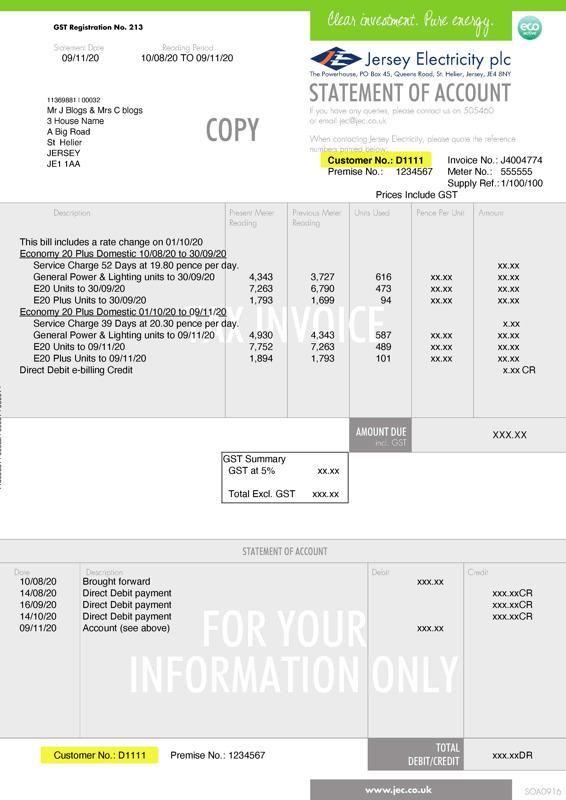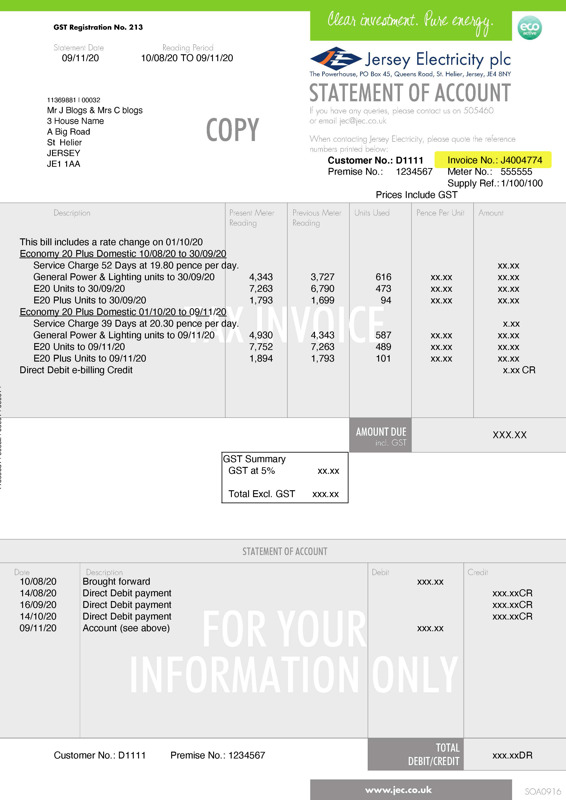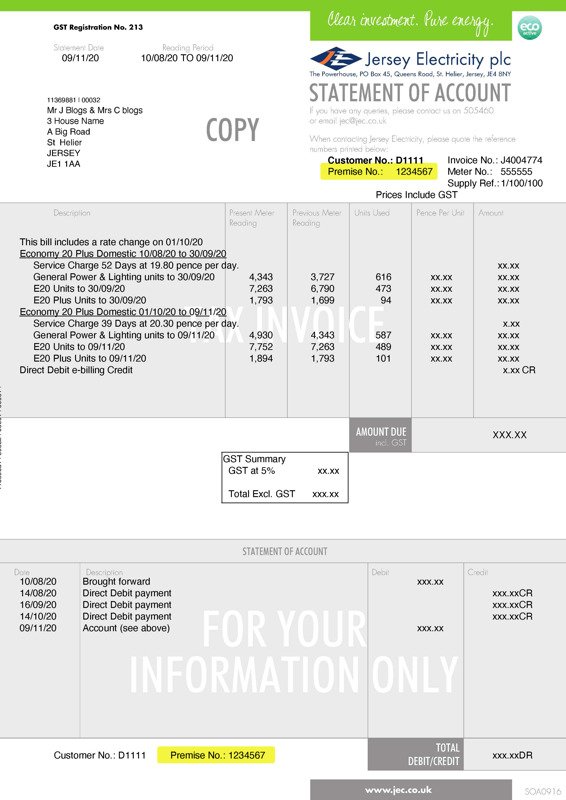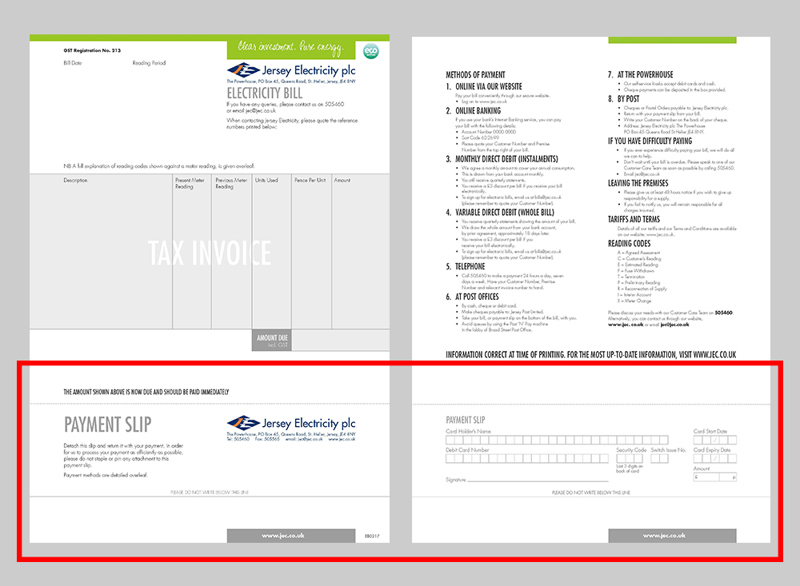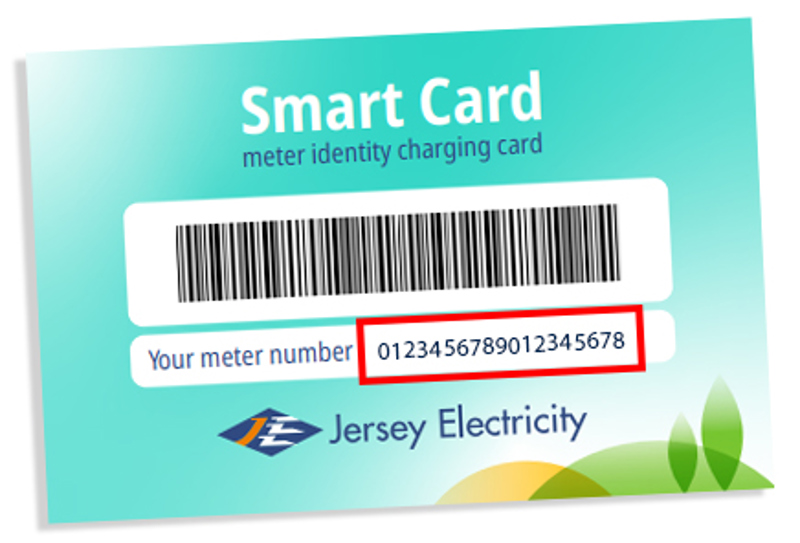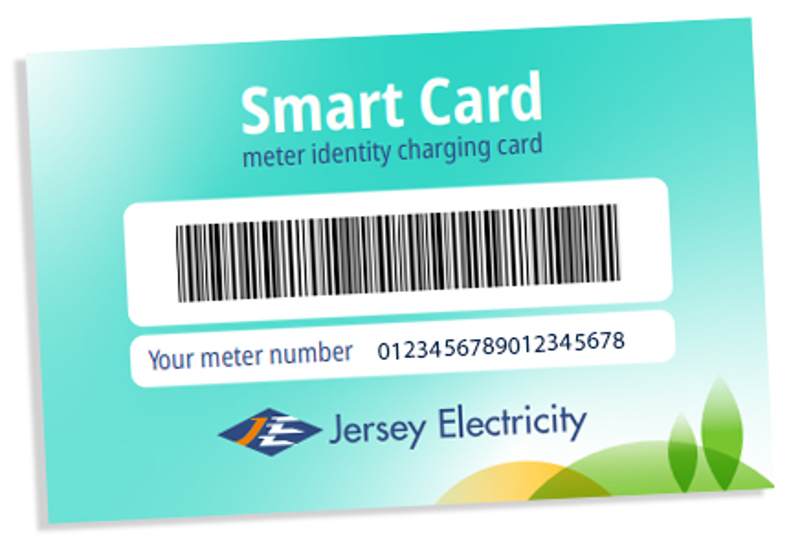We saw electricity demand soar to almost record levels in February as temperatures dropped dramatically. This cold weather has been compounded by many of us using more electricity working from home.
Extra heating, all those cups of coffee and office equipment running all day mean Islanders have been using more electricity in the home than they would normally. Plus, travel bans mean we’re using energy in the home when we might normally have been away for a period of time over winter.
Efficiency saves money
Unlike oil and gas-fired central heating, electricity is 100% efficient at point of use, so every pound you spend is converted into useful heat energy but you still need to use it as efficiently as possible to keep your bills down. If you do have difficulty with your bill, we will always try and help if you contact our Customer Care team.
Only three rises in six years
Higher bills do not mean higher prices. In fact, electricity prices have only risen three times in the last six years, and at a rate below inflation over that period. The last rise was 2.5% and we deferred the increase by six months from April to October 2020 as part of a range of measures we took to help mitigate the impact of Coronavirus on the community and at a cost to the Company of £1m. The rise adds around 50p a week to the average domestic bill.
Our standard domestic tariff is cheaper than in many places
Even though electricity in Jersey for most customers is cheaper than in many other places, (our standard tariff* being consistently 10%-15% lower than Guernsey, the Isle of Man and the average in Europe, and around a third less than the Ofgem price cap in the UK), the cold weather and more time at home are going to add up to higher bills from this winter.
Keeping payments in line with consumption
JE Head of Customer Care Brian O’Gorman says: ‘Many customers understand this and we are already seeing many on Direct Debit adjusting their payments before their annual reassessments are due to keep pace with the extra usage. This is a good idea to mitigate what will undoubtedly be higher bills at the end of this exceptional winter.
‘But many customers don’t always understand how much their appliances cost to run. For instance, we often hear of people turning off their heating systems, which run on discounted tariffs of up to a third less than the General Power and Lighting tariff, to save money but then plug in supplementary heating into a normal socket on the higher rate tariff.
Free home energy advice service
'We offer a free home energy advice service to help people get the most from their heating systems along with other energy-saving information.
‘We also urge anyone who is experiencing difficulty with their electricity bill to contact our Customer Care Team as soon as possible and we’ll do all we can to help.’
Simple steps to savings
Many simple steps can help to reduce your energy use while not compromising on comfort levels.
Around 70% of all energy consumed in the home goes on space heating and hot water production so first, it is important to make sure you know how to work your heating system and understand the controls.
Make sure you are on the correct tariff
It is also important to be on the correct tariff as this determines how much you pay for each unit of electricity.
For example, our Economy 20 Plus tariff provides 20 hours of discounted electricity in any 24-hour period for approved space and water heating at 10.97p a unit (incl GST) compared with 15.68p for General Power and Lighting.
Also, make sure your home is well-insulated. As much as 50% of your home’s heat can be lost through its roof and walls if not properly insulated.
Steps to prevent heat loss include:
- Windows - use draught-proofing strips around the frame, brush strips work better for sash windows.
- Doors - use draught-proofing strips for gaps around the edges and brush or hinged flap draught excluders on the bottom of doors.
- Chimney and fireplace - if you don't use your fireplace, use an inflatable cushion to block the chimney or fit a cap over the chimney pot.
- Floorboards and skirting - as floorboards need to move, use a flexible silicon-based filler to fill the gaps.
- Loft hatches - the use of draught-proofing strips will help stop hot air escaping.
Know your controls
If you have central heating, controls should ideally include a boiler thermostat, a timer or programmer, a room thermostat and thermostatic radiator valves (TRVs). Room thermostats should be set to the lowest comfortable temperature - typically between 180C and 210C. They need a free flow of air to sense the temperature, so they must not be blocked by curtains or furniture or put near heat sources.
Thermostatic radiator valves (TVRs) on individual radiators enable you to have different temperatures in individual rooms. So, if you are working from home, you don’t need to heat your entire house if you are just working in one room.
TRVs do not control the boiler. When the boiler is on, they control the flow of water through the individual radiators depending upon the room temperature. For example, they will turn a radiator off in a sunny room, or where there is another heat source. Set them to the level you want for the room; a lower setting uses less energy and so will save you money.
Smart heating controls allow you to manage your heating and hot water remotely from a computer, tablet or smart phone for ultimate convenience. We’re always happy to help and advise you on energy saving and tariffs.
Call us on 505460 or visit Smarter Living in the Powerhouse and speak to one of our trained Energy Advisers. Covid-permitting, we will even come to your home for free to advise how best to use your electric heating systems and save money but we can do a lot over the phone.
*Domestic single-rate customer using 3,750 kWhs per annum including all taxes
